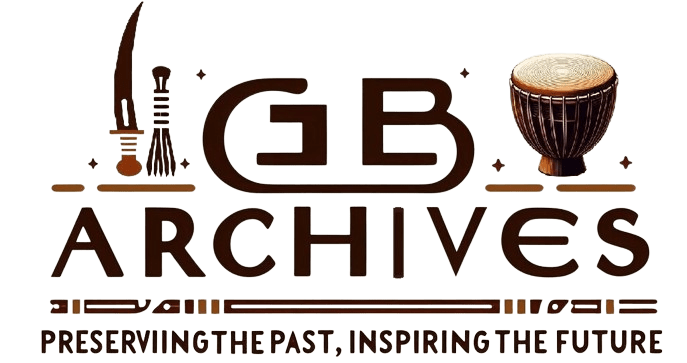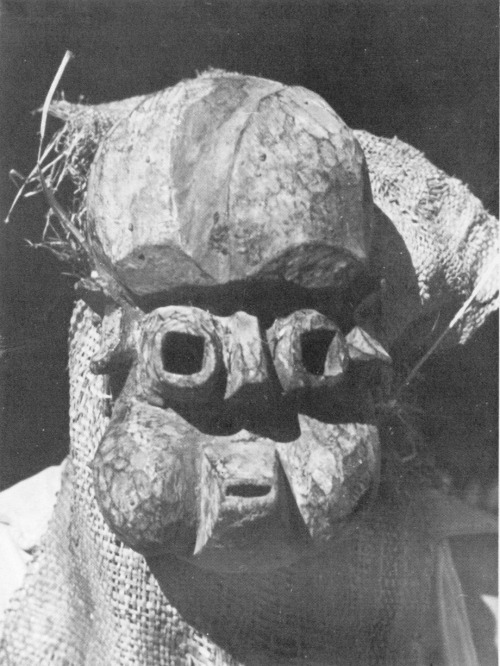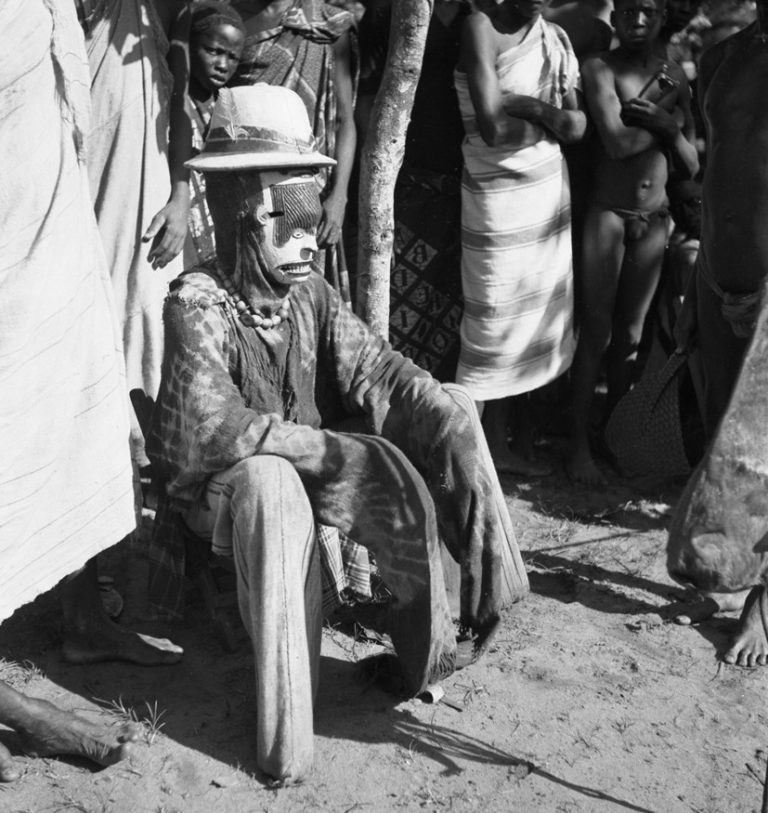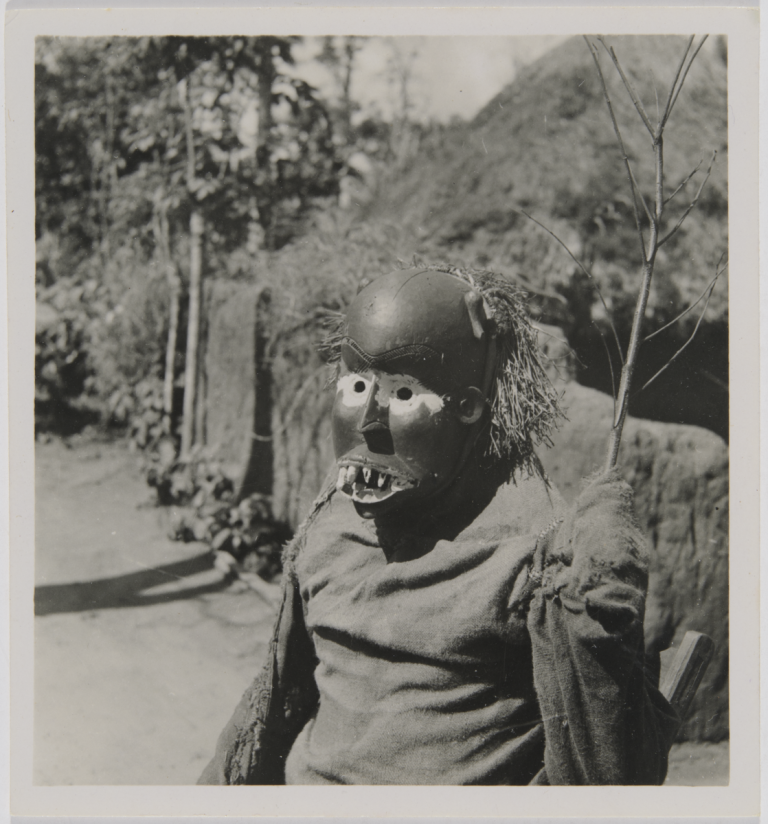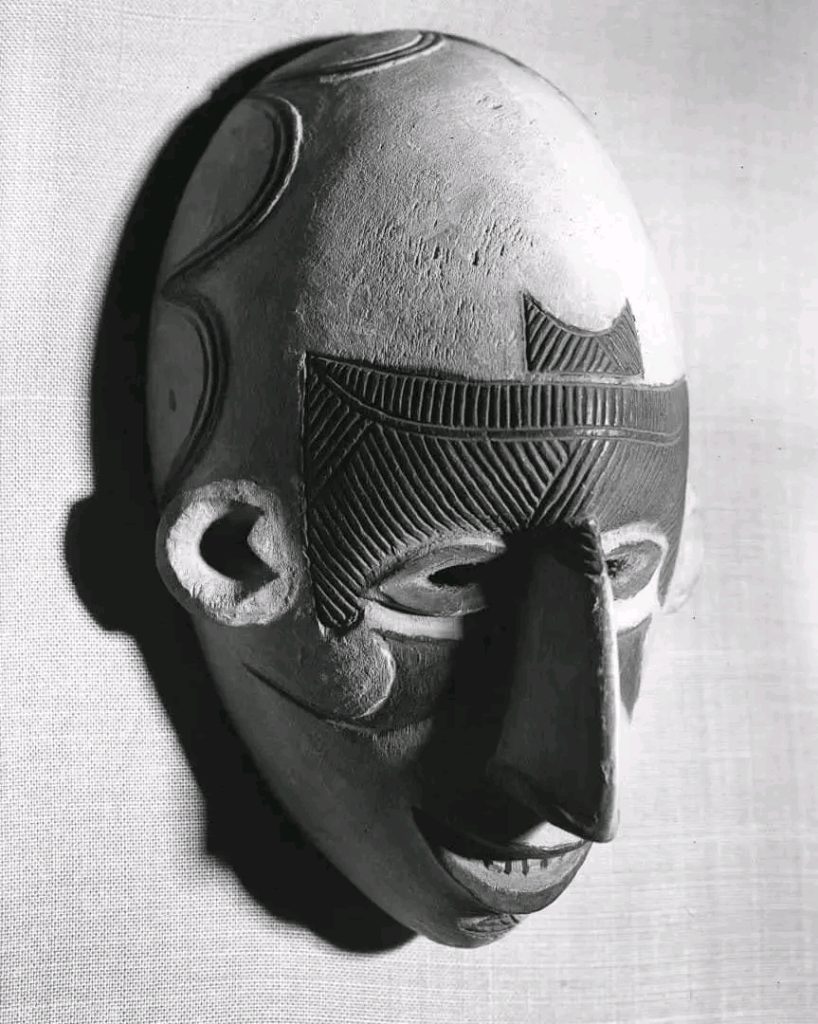
This captivating white mask, crafted in the Nri-Awka region of Igbo land, features large, round eye openings, a prominent nose, and a closed mouth. The forehead is adorned with a zigzag pattern resembling a stylized crown, while the cheeks display circular patterns with dots. The intricate “ichi” scarifications etched across the face symbolize lineage and social status, connecting the mask to the prestigious Ozo title society. Traditionally used in the “Agbogho mmanwu” (maiden masquerade), this mask embodies the rich cultural heritage and ancestral reverence of the Igbo people.
Explore Further
For more on Igbo Masks, explore our recommended readings and related posts below. Each provides deeper insights into this fascinating topic.
 Artistic Insights
Artistic InsightsMasks hold a special place in the cultural and artistic heritage of the Igbo people. These elaborate creations are not merely decorative objects; they carry deep spiritual, social, and cultural meanings. From ancient times to the present day, Igbo masks have played crucial roles in ceremonies, rituals, and festivals, symbolizing various aspects of life and […]
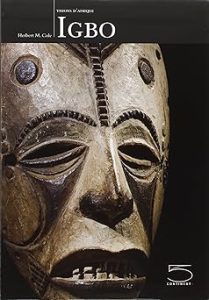 Recommended Books
Recommended BooksTitle: IgboAuthor: Herbert M. ColePublisher: CINQ CONTINENTSPublication Date: September 5, 2013Format: Paperback, 238 pagesISBN: 978-8874396375 Overview “Igbo” by Herbert M. Cole is a French-language exploration of the diverse forms of art belonging to the Igbo people, who reside in southeastern Nigeria. The book covers artistic achievements from the 9th and 10th centuries to contemporary times, […]
Discover more from Igbo Archives
Subscribe to get the latest posts sent to your email.

